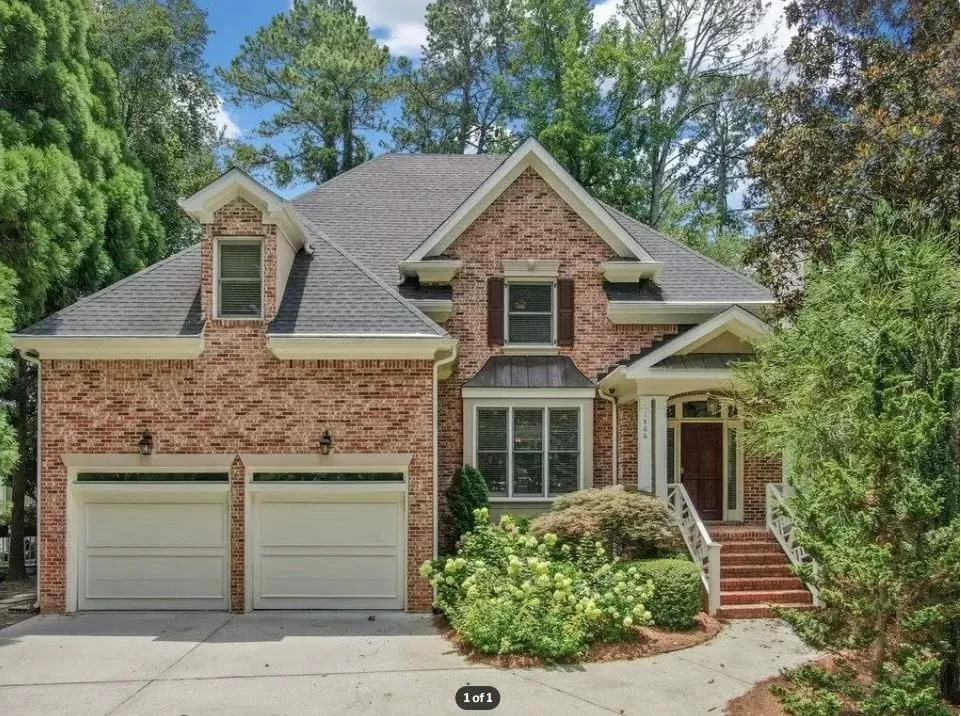Are you in the market for a luxurious half-million dollar home? Congratulations! Owning a $500K house is a significant milestone that many aspire to achieve. However, before you start envisioning yourself living in your dream home, it’s essential to understand the financial commitment that comes with it. One of the most significant factors to consider is the cost of a mortgage on a $500K house.
A mortgage is a loan that you take out to purchase a property. It allows you to spread out the cost of buying a home over an extended period. When it comes to a $500K house, the mortgage amount is substantial, and it’s crucial to have a clear understanding of the costs involved. In this article, we’ll break down how much a mortgage on a $500K house will cost you and provide some tips to help you navigate this significant financial decision.
First, let’s look at the factors that influence the cost of a mortgage on a $500K house. The most crucial factor is the interest rate, which is the percentage of the loan amount that you’ll pay in addition to the principal amount. The higher the interest rate, the more you’ll end up paying over the life of the mortgage. Other factors that can affect the cost include the length of the loan, the type of mortgage, and your credit score.
Now, let’s dive into the numbers. The average interest rate for a 30-year fixed-rate mortgage in the United States is currently around 3%. Using this rate, a $500K house would have a monthly mortgage payment of approximately $2,108. Keep in mind that this amount does not include property taxes, insurance, or any additional fees that may be included in your mortgage. These costs can add several hundred dollars to your monthly payment, so it’s crucial to factor them into your budget.
Another option to consider is a 15-year fixed-rate mortgage, which typically has a lower interest rate but higher monthly payments. Using the same interest rate of 3%, a $500K house on a 15-year mortgage would have a monthly payment of around $3,459. While this may seem like a significant increase from the 30-year mortgage, it’s essential to note that you’ll end up paying significantly less in interest over the life of the loan.
It’s also worth mentioning that the type of mortgage you choose can affect the interest rate and, ultimately, the cost of your mortgage. For example, an adjustable-rate mortgage (ARM) may have a lower initial interest rate, but it can increase over time, resulting in higher monthly payments. On the other hand, a fixed-rate mortgage will have the same interest rate throughout the loan term, providing stability and predictability in your monthly payments.
Your credit score is another important factor to consider when applying for a mortgage. A higher credit score can result in a lower interest rate, which can save you thousands of dollars over the life of the loan. It’s crucial to review your credit report and take steps to improve your score before applying for a mortgage.
Now that we’ve looked at the numbers, you may be wondering if it’s worth taking on a mortgage for a $500K house. The answer ultimately depends on your financial situation and personal goals. Owning a half-million dollar home is undoubtedly a significant investment, but it can also provide a sense of security and pride in homeownership. It’s essential to carefully consider your budget and long-term financial goals before making this commitment.
If you’re ready to take the plunge and purchase a $500K house, here are some tips to help you navigate the mortgage process:
1. Get pre-approved: Before you start house hunting, it’s crucial to get pre-approved for a mortgage. This will give you a better understanding of how much you can afford and will make you a more attractive buyer to sellers.
2. Shop around for the best rate: Don’t settle for the first mortgage offer you receive. Shop around and compare rates from different lenders to ensure you’re getting the best deal.
3. Consider your future plans: It’s essential to think about your future plans when choosing a mortgage. If you plan on staying in the house for a long time, a 30-year fixed-rate mortgage may be the best option. However, if you plan on selling in a few years, an ARM may be a better fit.
4. Don’t forget about additional costs: As mentioned earlier, additional costs such as property taxes

